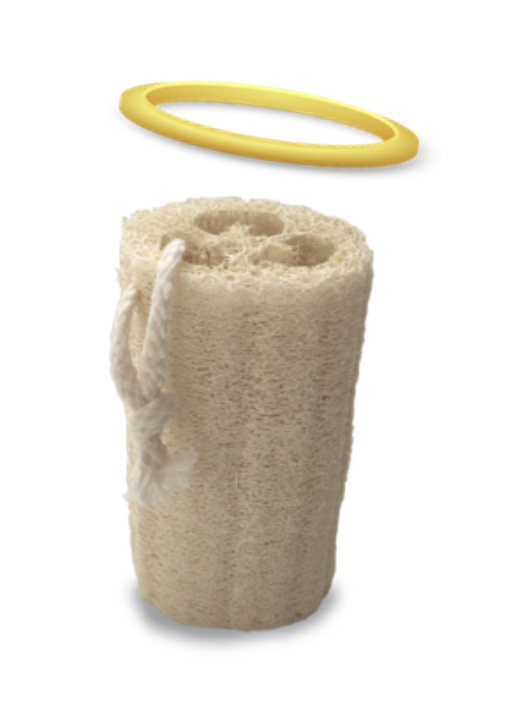by Joanie Butman
At a recent wellness retreat, I had the privilege of experiencing my first “official” mud bath. Based on where I’ve been, who I’ve been with, what I’ve been watching or what I’ve been doing, there are days when I’ve felt just as dirty by the end of the day. Let’s face it, no one is immune to the current mud-slinging atmosphere in this country. You can’t avoid its negative impact – if not on yourself, then on those around you. Life is messy and gets messier by the day.
All mud is not equal either. Some of it comes off easier than others. It took a few scrubbings to remove the residual mud illustrated in the picture above. The next day and three showers later I was still finding dried flecks of mud. No wonder my guide kept warning me I was ‘overdoing’ it. Story of my life: moderation has never been my strong point. There have been plenty of ‘guides’ along the way that gave me the same cautionary warnings about some of my real-life murky habits. Sadly, I chose to ignore those too. Go big or go home seems to be my modus operandi in most areas. I wish I’d adopted that philosophy into my spiritual life sooner.
Just as my companions pointed out areas I missed when rinsing, God does the same when I allow it. It’s a practice the Jesuits call The Daily Examen, a form of prayerful meditation introduced by St. Ignatius Loyola. It is simply setting aside ten minutes each day to reflect on your day, give thanks, recognize where you fell short, then seek forgiveness and guidance to do better tomorrow.
As I said life is messy, but healing is even messier. Physical healing often requires painful surgery, physical therapy, or other treatments that cause more suffering than the disease itself. Spiritual surgery can be just as painful because it can only be performed without anesthesia. You have to participate in your own healing. When Jesus performed miraculous healings, he always asked first what the person wanted Him to do for them. They had to ask for the healing, then they had to do whatever He asked in return. I think that’s why many of us don’t seek healing – because it would require a change on our part, sometimes dramatically. In Songs of the Heart, Joan Chittister shares a wisdom story that demonstrates this point.
“Will you cure the people who come to you?” the disciple asked the Holy One. “Oh, people don’t come to be cured,” the Holy One answered. “They come for relief. A cure would require change – and that’s the last thing in the world they want to do.”
Spiritual healing is uncomfortable as God reveals the spots we’ve missed and, if you’re anything like me, the ones we’d prefer to turn a blind-eye to. No one like to see the darker side of ourselves. It’s so much easier to be a victim of circumstance or to self-medicate. The hard part once you’ve been made aware of them is making the deliberate choice to repent. Not a cursory apology or the penance that was handed out in my youth following confession. Ten Hail Marys and a Glory Be would do little to correct my transgressions. No, true repentance requires a deliberate action – a change of heart, a change of direction, a change of attitude. And we all know, it’s harder to change how you live than where you live.
Did my skin feel better after my mud bath? Not nearly as good as my heart after a spiritual cleansing. Admitting my own ‘over application’ of dirt is never easy. However, it can be liberating because once I recognize and confess it, God provides a divine loofah treatment reaching areas I couldn’t on my own. Never underestimate the cleansing power of the Holy Spirit, which offers freedom from the slavery of your own worst impulses. It’s an ongoing battle to keep your heart and mind free from life’s grime. It seems endless. Every time I get through one layer, God reveals another I have to work on. Yet, He does it lovingly with mercy, kindness and compassion so that I, in turn, can choose to share the same with others.





